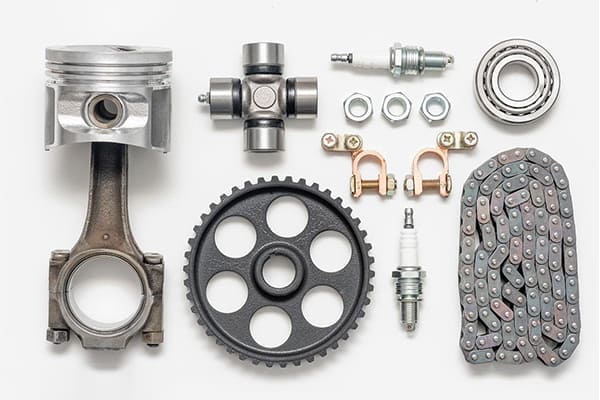The universal application of CNC machining across various industries
The beauty of CNC machining lies in its versatility. It’s not limited to a specific sector or product type. From the micro-components in electronic devices to the robust parts in automotive engines, from intricate medical implants to robust aerospace components, CNC machining serves a multitude of industries. Its ability to cater to a vast range of materials and produce both one-off prototypes and large-scale production runs makes it an invaluable asset across the board. As industries evolve and demand more sophisticated components, the universality of CNC machining ensures that it remains at the heart of manufacturing, regardless of the sector.
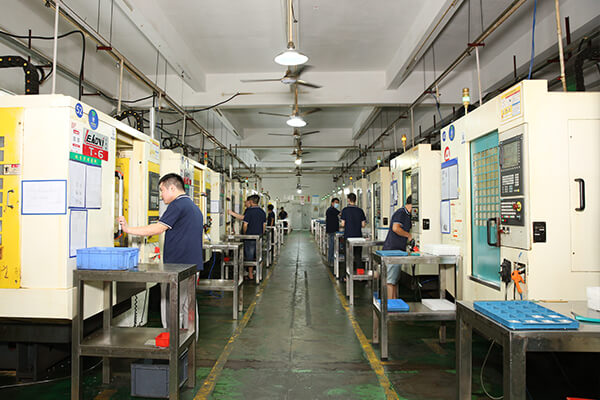
Highly experienced htsin
A look back at traditional machining methods
Before the digital revolution in manufacturing, the world relied on traditional machining methods. These methods were predominantly manual, requiring skilled machinists to operate tools such as lathes, mills, and grinders. Every cut, every drill, every polish was guided by human hands, experience, and intuition. While craftsmanship was highly valued, these manual methods had their limitations. Production rates were often slower, with larger batch productions being time-consuming. Precision was largely dependent on the expertise of the operator, and consistency across multiple parts was challenging to maintain. The production of intricate designs or complex parts often required a combination of multiple skilled artisans and several iterations to get right. The manufacturing landscape was ripe for innovation, craving a solution that could offer speed, accuracy, and scalability.
sufficient stock
The advent of computerized manufacturing and the rise of CNC
The latter half of the 20th century heralded a transformative era in manufacturing with the introduction of computerization. The initial steps involved the use of punch cards to guide machinery, a precursor to more advanced digital control. By the 1960s and 1970s, the foundations for CNC machining were firmly laid as computers became more accessible and affordable. The term “Computer Numerical Control” was coined, signifying the use of computer software to control the movement and operation of machining tools.
CNC offered unparalleled advantages over traditional methods. No longer was manufacturing bound by the limitations of manual operation. Complex designs could be translated into digital instructions, ensuring that every part was machined with exact precision. Reproducibility became a hallmark of CNC, with every part being a near-perfect replica of the other. Production cycles were accelerated, waste was minimized, and the scope for innovation expanded.
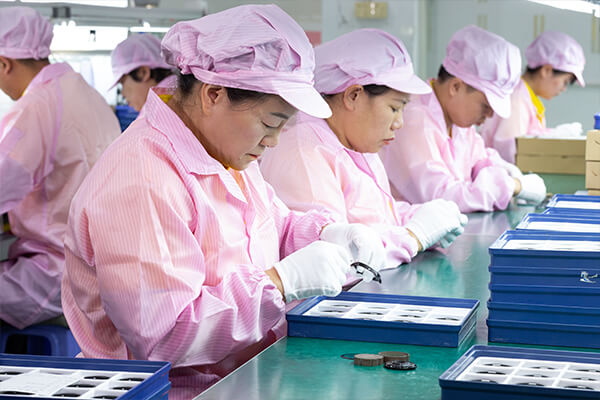
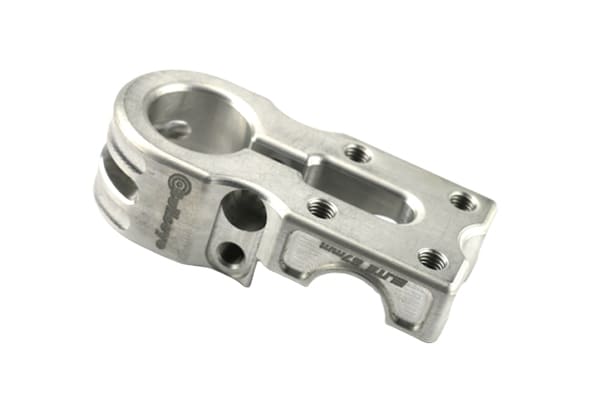
Highly experienced htsin
Key Advantages of CNC Machining Across Industries
- Precision & Consistency: Delivering exact specifications every time.
- Adaptability & Flexibility: Quick adjustments for diverse industry requirements.
- Efficiency & Scalability: Serving both small businesses and large-scale industrial operations.
- Cost-Effective: Economies of scale and reduced material waste.
- Material Versatility: Catering to a wide range of materials, from metals to plastics.
sufficient stock
Industry-specific Applications of CNC Machining
- Aerospace: Crafting intricate components for aircraft and space vehicles.
- Automotive: Precision parts for vehicles, from engines to body panels.
- Electronics: Micro-components for devices and circuit board milling.
- Medical: Producing specialized instruments and medical implants.
- Energy: Components for renewable energy solutions and traditional power generation.
- Consumer Goods: Everything from household appliances to sporting equipment.
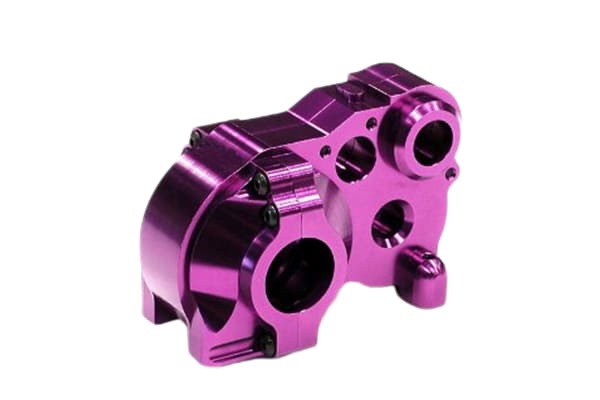
Why Choose Our Services for Multi-industry CNC Machining?
Htsin Precision is your premier parts manufacturing company, offering custom precision CNC parts that offer more than just quality products.



